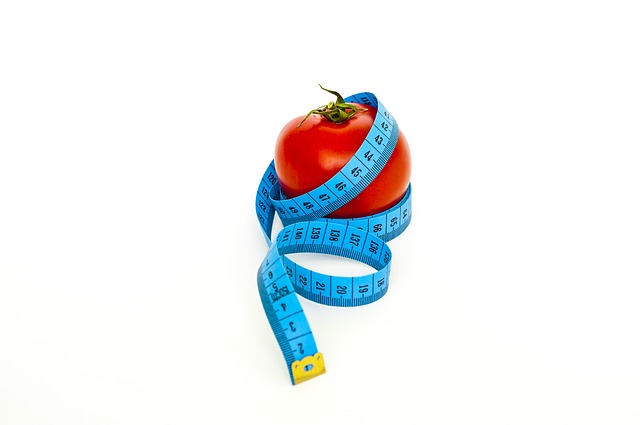
Diets don’t work.
That’s not entirely accurate.
95% of diets don’t work over the long-term.
But why?
They should.
From a physiological perspective, it’s simple. If you eat fewer calories than you burn (barring a medical condition), you should lose weight. So, on paper, it’s really as easy as eating less and exercising more.
Unfortunately, as humans, we’re anything but simple. We work, we have kids, we have emotions, we have habits, we have biases, and we have all of this other “stuff” going on that makes something as simple as eating less and moving more almost impossible.
And yet, even after failing multiple diets, we still diet. We count calories. We call some foods bad and other foods good. We reduce one macronutrient to almost nothing or worse, completely eliminate an entire food group. We diet over and over and over again.
And we lose weight… initially. Hence why you’ll see all of those successful before and after pictures in the ads, or hear about Susan’s brother’s friend who lost 35lbs on the ABC diet, or read on Facebook about a new supplement everyone is losing 10lbs on (and by everyone I mean the testimonials on the company’s website and the people selling it).
In the short-term, dieting is easy. Anyone can lose weight.
But can you keep it off?
The research shows there’s a 95% chance you won’t.
Why?
Lifestyle.
And what better example of lifestyle’s influence on your waistline than the infamous “freshman 15.” An athletic 17-year-old senior in high school who has eaten whatever she wanted for the last 4 years and not gained a single pound of fat spends 12 months at college and gains 15lbs.
How? Lifestyle. She goes from playing sports almost year-round to sitting in her dorm room studying, catching up on Netflix, and staring at her phone along with partying two or three nights per week with maybe an hour or two of exercise per week.
Yes, those freshman 15 still came down to calories in vs. calories out, but it was the lifestyle that created the surplus. And if she wants to lose it for a few months, a diet will work. However, if she wants to lose it and keep it off, a lifestyle adjustment is what’s really needed.
If we look back over the last 10 or 20 years and plotted our weight each year, I bet we’d all find a few points that were a little higher than the previous years and correlate that to a specific lifestyle event. A new, romantic relationship. A marriage. A baby. A new job. Even something as seemingly non-significant as a new friend can influence our waistline dramatically.
For some, we gain weight during the summer, which is weird because most of us are more active during the summer than winter. However, those that tend to gain weight during the summer also usually boat on the weekends, consuming a couple thousand “liquid” calories on a Friday and Saturday night. For others, we gain weight during the winter. Those that that do usually play golf, walk outdoors, or participate in some kind of outdoor recreational activity.
A change in lifestyle influences what we eat, how much we eat, and how often we exercise.
That’s why I’ve all but given up on diets. I’ve stopped recommending counting calories. I don’t give daily caloric goals. I don’t say this food is bad and that food is good. Simply going on a diet doesn’t fix the problem long-term. It’s downstream from the real issue. It’s a band-aid when what you really need is stitches.
And it’s not surprising that the more restrictive the diet is, the more you lose initially (massive lifestyle change), but also, the faster you gain it back and then some because it’s not a lifestyle you can maintain forever.
Instead, I recommend dissecting your current lifestyle and making small changes.
Ask yourself:
What’s causing me to eat this?
What do my daily and weekly routines look like?
What daily habit can I change that I’ll barely notice that will cause me to eat less or exercise more?
If I make this change, can I make it a lifestyle?
The research is clear. Personalization is key when it comes to successful long-term weight loss. Unfortunately, when people hear personalization, they assume it’s DNA testing for the right diet or food allergy testing. Wrong. When they say personalization is key to weight loss, they mean finding a lifestyle setpoint you can maintain that will cause you to eat fewer calories and exercise more.
So if you want to avoid the emotional rollercoaster of weight loss, avoid the detoxes, crash diets, and weight loss supplements, and instead take a look at your current lifestyle and find one or two mildly irritating changes you can make that can become permanent.



